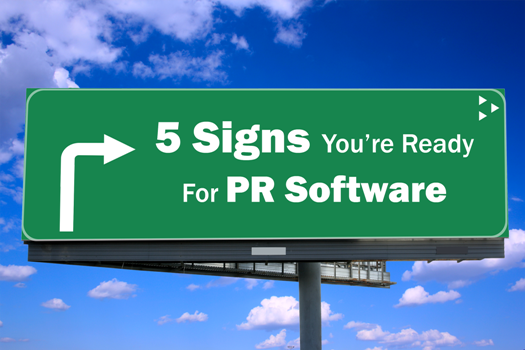What makes for good PR?
What makes for good PR? Before we answer that question, let’s have a look at some common examples of bad PR that have been stamped with the dreaded #PRFail hashtag on Twitter in the past week:
Hi @ArgosHelpers is anyone there? Formal Letter of complaint being drafted. Terrible Twitter customer service.. #prfail #marketingfail
— Mike Carter (@mikewritesabit) March 13, 2015
“Dear Alison, We love and share your enthusiasm for tanning!” Dear brand, you have obviously NEVER read my blog #PRfail
— Alison Gary (@wardrobe_oxygen) March 12, 2015
Dear PR, explain to me how eat-listen/take notes-eat-listen/take notes-eat-listen/take notes format is a good idea for a briefing!? #PRFail
— Gabey Goh (@gabeygoh) March 17, 2015
These are examples of PR that we are all too familiar with – have a list of journos, email them (all); person whining on Twitter – bounce them off to customer service; lunch briefing – pack the briefing in with lunch.
So let’s start over, what makes for good PR? There’s no doubt that a good PR professional is one that demonstrates strong communication skills, great contacts in the media, copywriting, brand awareness, industry knowledge, marketing know-how and of course, the ability to story-tell. However these valuable attributes can still fail us sometimes unless supported with the right PR tools. This is because in addition to strong interpersonal qualities and professional skills, the modern PR needs to be more efficient, tuned-in and prepared than ever before to cope with the demands of an industry changing at the speed of the internet.
As digital continues to disrupt media and communications, PR software can mean the difference between success and failure. The best solutions ensure you’re as informed, flexible and responsive as you need to be, but like any automation, require commitment of budget and the right resources.
However, given the combination of PR software tools there are in the market, free and paid-for, it’s not always easy to decipher which platforms fit in with your brand.
As Stephen Waddington, the European digital and social media director for Ketchum, pointed out: ‘A burgeoning tool market has emerged to support campaign planning across fragmented forms of media and devices. Be careful as there’s barrel loads of snake oil and solutions looking for a problem. Think hard about your workflow and how you can best integrate tools to deliver against your campaign objectives. Challenge vendors to demonstrate how their tools can help you deliver the outcomes that you need,’
So how do you know when you’re ready for PR software and the tools that are right for you?


Great article, some very usefull information and tools :)